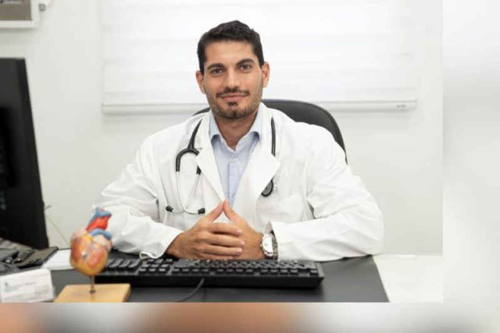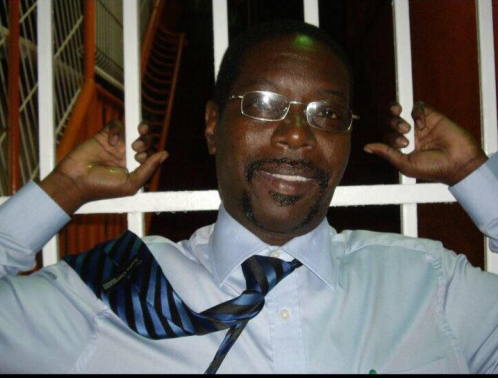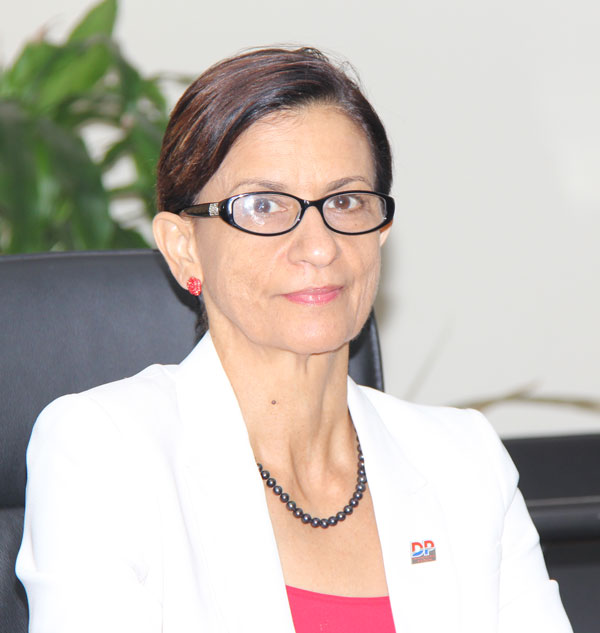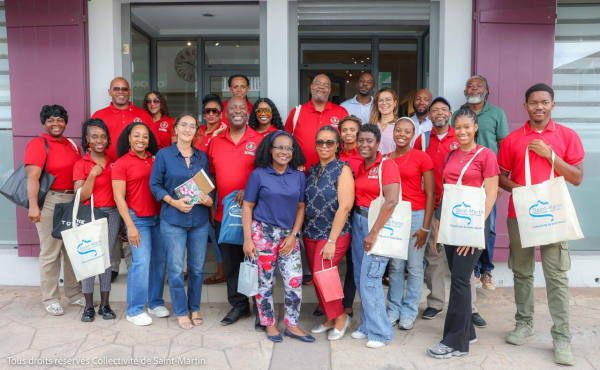 PHILIPSBURG — The investigation into disturbing allegations of abuse involving two prominent local physicians has taken a new turn, with the younger suspect facing extended detention while his father has been released under strict conditions.
PHILIPSBURG — The investigation into disturbing allegations of abuse involving two prominent local physicians has taken a new turn, with the younger suspect facing extended detention while his father has been released under strict conditions.
A judge has ordered that Dr. Danny Dennaoui remain in pretrial detention for an additional eight days. The decision comes as detectives continue to build their case regarding accusations of kidnapping, torture, and severe ill-treatment of a domestic employee.
The ruling to extend the younger doctor's custody underscores the seriousness of the allegations and the ongoing nature of the inquiry. Prosecutors successfully argued that his continued detention is necessary for the investigation to proceed without interference.
This development follows the release of his father, Dr. Michael Dennaoui, earlier this week. The senior physician was released from police custody solely due to medical reasons. The Prosecutor’s Office has made it clear that, despite his release, Dr. Michael Dennaoui remains a primary suspect in the case and remains subject to legal proceedings.
The investigation, launched by the Police Force of Sint Maarten (KPSM), centers on a formal complaint filed by the doctors’ former maid. The victim alleges she was held against her will, injected with some sort of drug and antedote, and threatened with a weapon by her employers. According to preliminary reports, the violence allegedly stemmed from an accusation that the employee had stolen $50,000 from the household.
Detectives are reportedly working swiftly to gather evidence and conduct further interviews to corroborate the victim's account of the ordeal.
KPSM has reiterated that this is a highly sensitive and active case. Authorities are urging the public to allow the legal process to unfold as they work to ensure justice is served for all parties involved.






 PHILIPSBURG:--- The Prosecutor’s Office has formally appealed the full acquittal of Fernando Clark, setting the stage for a retrial before the Joint Court of Justice on March 5.
PHILIPSBURG:--- The Prosecutor’s Office has formally appealed the full acquittal of Fernando Clark, setting the stage for a retrial before the Joint Court of Justice on March 5. PHILIPSBURG:--- The ongoing debate surrounding the chairmanship of the Central Bank of Curaçao and Sint Maarten (CBCS) has once again centered on the question of “whose turn” it is to propose a candidate. While this discussion has sparked significant public interest, it is crucial to shift focus to the deeper challenges facing our monetary union—challenges that go beyond procedural disputes.
PHILIPSBURG:--- The ongoing debate surrounding the chairmanship of the Central Bank of Curaçao and Sint Maarten (CBCS) has once again centered on the question of “whose turn” it is to propose a candidate. While this discussion has sparked significant public interest, it is crucial to shift focus to the deeper challenges facing our monetary union—challenges that go beyond procedural disputes. Philipsburg/Marigot:--- On February 26, the Department of Communication of the Government of Sint Maarten paid a working visit to their French side counterparts of the Collectivité of Saint-Martin, Communication Department, which includes the protocol section.
Philipsburg/Marigot:--- On February 26, the Department of Communication of the Government of Sint Maarten paid a working visit to their French side counterparts of the Collectivité of Saint-Martin, Communication Department, which includes the protocol section.




